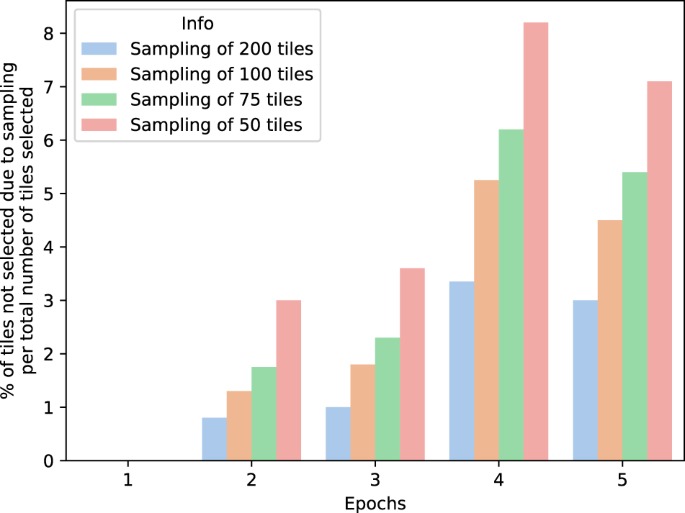Overview
Researchers have created a machine learning tool designed to enhance the diagnosis and monitoring of colorectal cancer. This innovative tool identifies differences in metabolism-related molecular profiles between colorectal cancer patients and healthy individuals.
Key Findings
- The study analyzed biological samples from over 1,000 individuals, revealing metabolic changes linked to disease severity and genetic mutations that elevate colorectal cancer risk.
- The tool is part of a “biomarker discovery pipeline” that shows potential as a noninvasive diagnostic method for colorectal cancer and for tracking disease progression.
- According to Jiangjiang Zhu, co-senior author and associate professor at The Ohio State University, this tool could also help in assessing treatment effectiveness.
Clinical Implications
Zhu emphasized the importance of timely treatment adjustments, stating, “If a patient is not responding well to a specific drug, we want to know quickly to modify the treatment plan.” The machine learning tool aims to provide faster indications of treatment effectiveness compared to traditional methods.
Future Research
While the tool is not meant to replace colonoscopy, which remains the gold standard for cancer screening, further studies with larger sample sizes are planned to prepare for clinical application.
Technical Aspects
The research represents a significant advancement in machine learning techniques, combining partial least squares-discriminant analysis (PLS-DA) and an artificial neural network (ANN) to enhance predictive accuracy. The resulting biomarker pipeline is referred to as PANDA (PLS-ANN-DA).
Data Analysis
The analysis included two biological data sets from blood samples: metabolites and RNA transcripts, which are crucial for understanding the biochemical changes associated with colorectal cancer.
Sample Collection
The biological samples were sourced from significant research initiatives, including the Ohio Colorectal Cancer Prevention Initiative (OCCPI) and a clinical laboratory biobank at Ohio State Wexner Medical Center. The study included:
- 626 samples from colorectal cancer patients, including those with high-risk genetic mutations.
- 402 samples from age- and gender-matched healthy individuals.
Conclusion
This research marks a pioneering effort in the application of machine learning for colorectal cancer diagnostics, with the potential to significantly improve patient outcomes through earlier detection and more effective treatment monitoring.
Publication
The findings were published in the journal iMetaOmics.
